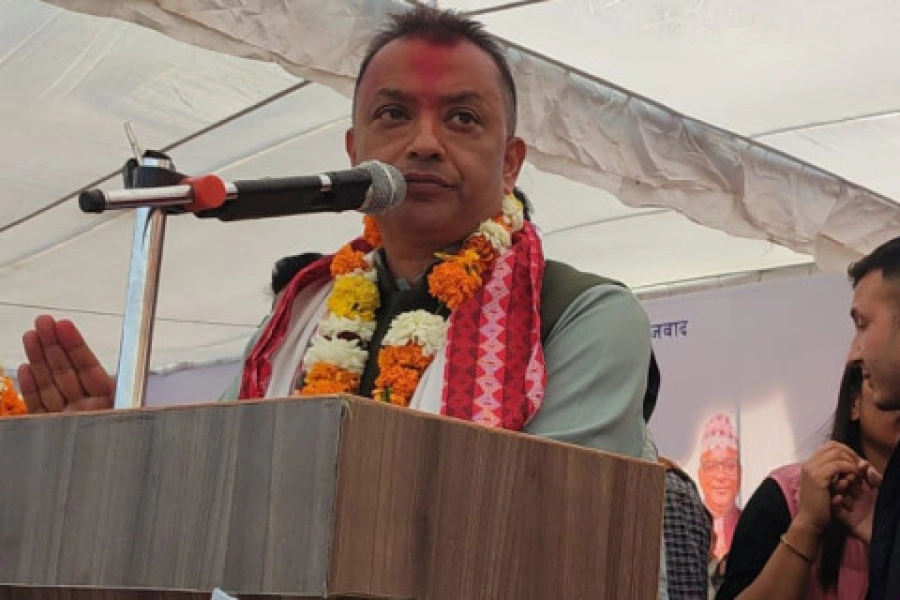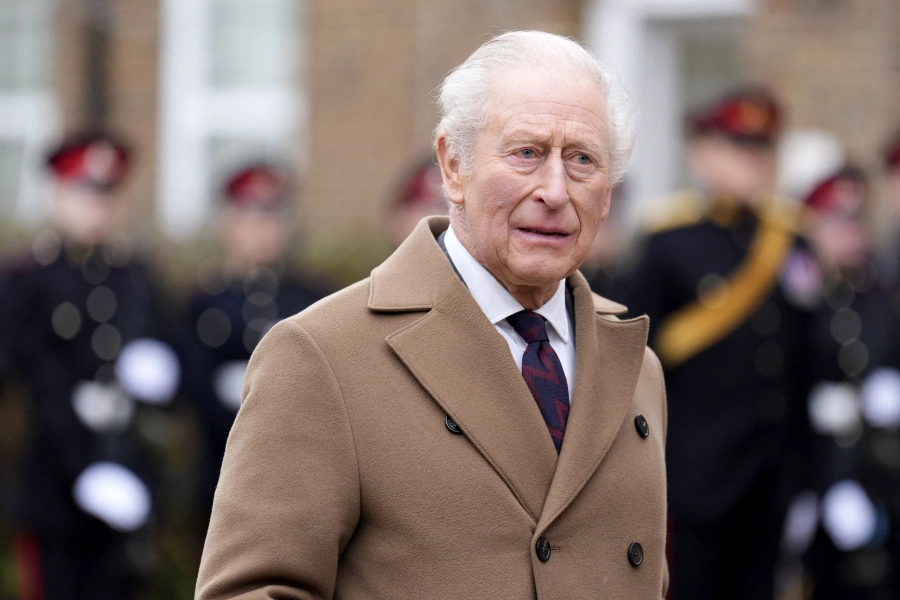The directive issued by Deputy Prime Minister and Home Minister Rabi Lamichhane to deploy traffic rule violators as volunteers on the roads has courted widespread controversy. A group of lawyers have also challenged this controversial decision at the Supreme Court. This incident raises fundamental questions about governance, the rule of law and the principles of justice in our society. Home Minister Lamichhane on Thursday directed Nepal Police to enforce this unorthodox punishment method, forcing drivers who breach traffic regulations to stand on the roadside and act like traffic police personnel. The petitioners challenging this directive have argued that it infringes on the rights of drivers and violates the constitutional principles. The petitioners contend that such actions undermine the rule of law and violate the principles of natural justice and fundamental rights enshrined in the constitution. They also rightly argue that even minor mistakes should not result in public humiliation and double punishment. As a newspaper, we believe that this arbitrary enforcement of this provision without proper legal scrutiny sets a dangerous precedent.
The Meaningless Maoist Attack on Judiciary

Governance in a modern democratic state should be based on established laws and regulations, not on the whims of individual leaders in power. The directive by Home Minister Lamichhane lacks legal backing, as it is neither a ministerial decision nor a regulation published in the official gazette. This is a clear example of overreach, bypassing the due process that is fundamental to a fair and just legal system. Punishing individuals twice—first with a fine and then with public humiliation—violates the principle of proportionality in punishment, which is a cornerstone of our justice system. The role of law enforcement agencies is to uphold the law impartially and justly. However, in this instance, Nepal Police Headquarters seems to have complied with the directive without proper consideration of its legality and potential implications to the rule of law in the country. This is again a troubling development as it undermines the integrity and credibility of our law enforcement institutions.
The broader implication of this directive is the erosion of trust in governance. When leaders make arbitrary decisions that affect the lives of citizens, it creates an environment of unpredictability and fear, no matter how noble the intention might be. Citizens must feel secure in the knowledge that their rights are protected by the law and that any punishments for wrongdoing are fair and proportionate. Additionally, this incident highlights the need for a clear separation of powers and checks and balances within the government. Decisions that affect the public should be subject to rigorous scrutiny and should be made through proper channels with transparency and accountability. Bypassing these processes not only undermines the rule of law but also erodes public confidence in government institutions. It is imperative that our leaders remember that their actions have far-reaching consequences and that they are accountable to the people and the constitution. The directive to deploy traffic rule violators as volunteers is a step backward for justice and must be reconsidered to preserve the integrity of our legal system and safeguard the rights of citizens.






































